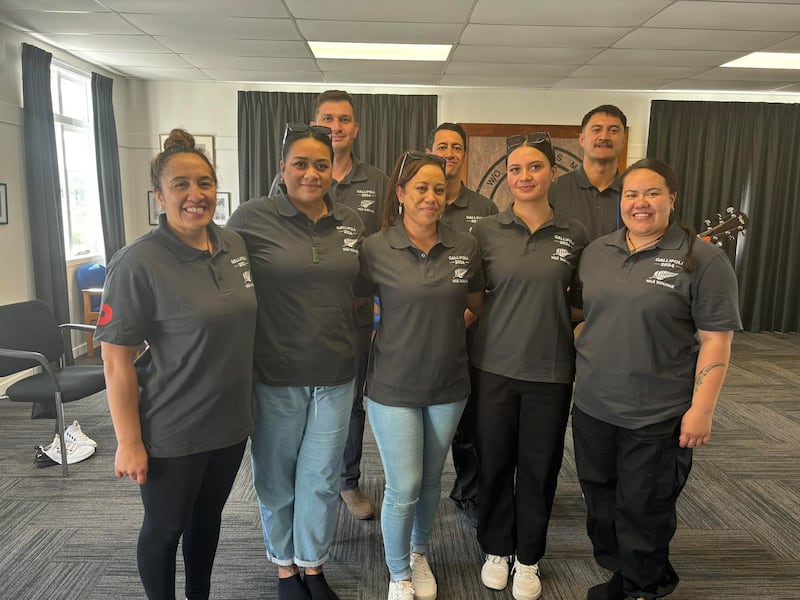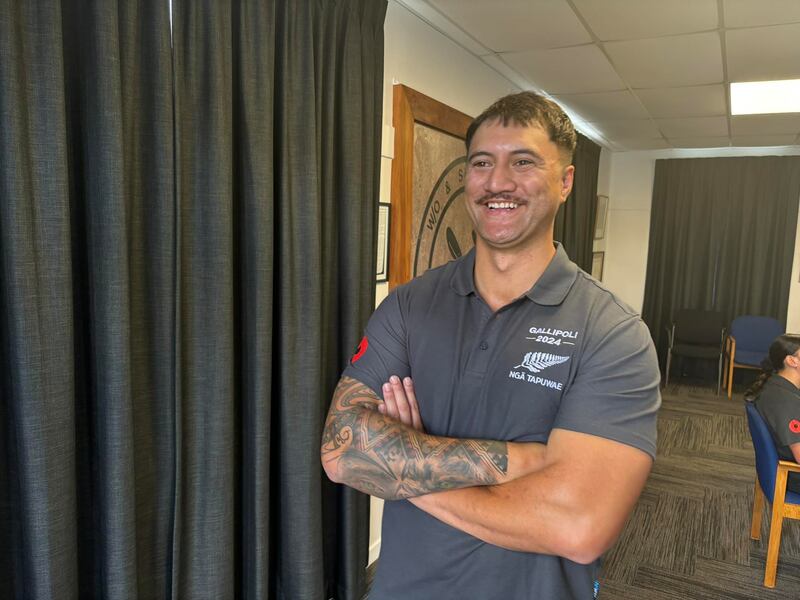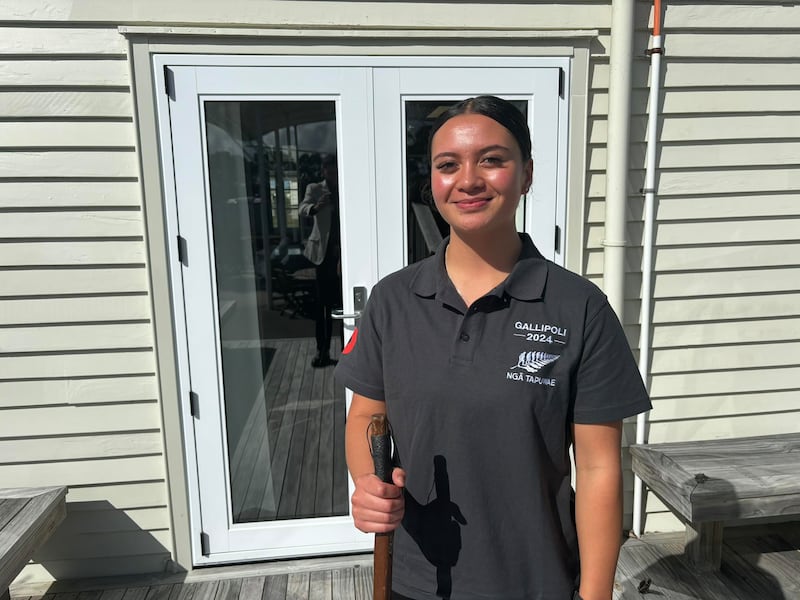The New Zealand Defence Force will lead the dawn service at the Anzac commemorative site in Gallipoli next week for the 109th anniversary of the start of World War I’s 1915 Gallipoli campaign in which more than 8000 New Zealanders served, and 2779 were killed.
The travelling contingent will comprise 40 Royal New Zealand Navy, New Zealand Army and Royal New Zealand Air Force (RNZAF) and civilian personnel.
Contingent commander Major Peter Bowyer has served more than four decades in the army and says Anzac Day commemorations grow bigger every year.
“It is a historic event that has affected the country in many ways,” he says.
“We go across every year to commemorate people who have fought there, who have died and who have been affected. For me, personally, I understand the sacrifices that went before me, not only the first and second world wars but the conversations that have happened since then.”
Māori cultural group’s long history
The Māori cultural group within the New Zealand Defence Force (NZDF) has a longstanding history, dating back several decades. While the exact founding date may vary, depending on specific initiatives and organisational changes within the NZDF, the presence of Māori cultural elements within the military can be traced back to the incorporation of Māori soldiers into New Zealand’s armed forces during conflicts such as World War I and World War II.

“Over the past couple of days, we’ve just been getting our vocals back in action,” group guitarist Private Cruze Pene says.
Pene’s father also served in the army, so travelling to Gallipoli has been a long time coming: “I’m quite excited.
“I’ve heard a lot about the experience because my parents have gone over as well. So hearing their stories, and all of that, I’m just going to take everything in,” Pene says.

For 20-year-old Aircraftman Merenia Rātana-Peina, the Māori cultural group has been home away from home. “I feel like I have made a connection and they feel like my family as much as my actual family.
“The Air Force or the military in general, is a perfect space because it has set me up a lot. It has taught me discipline, resilience and all the things you need.”
The contingent departs Auckland International Airport today.



